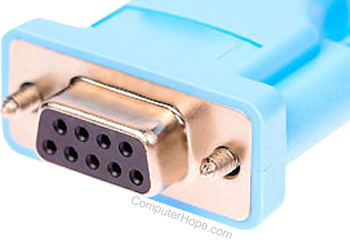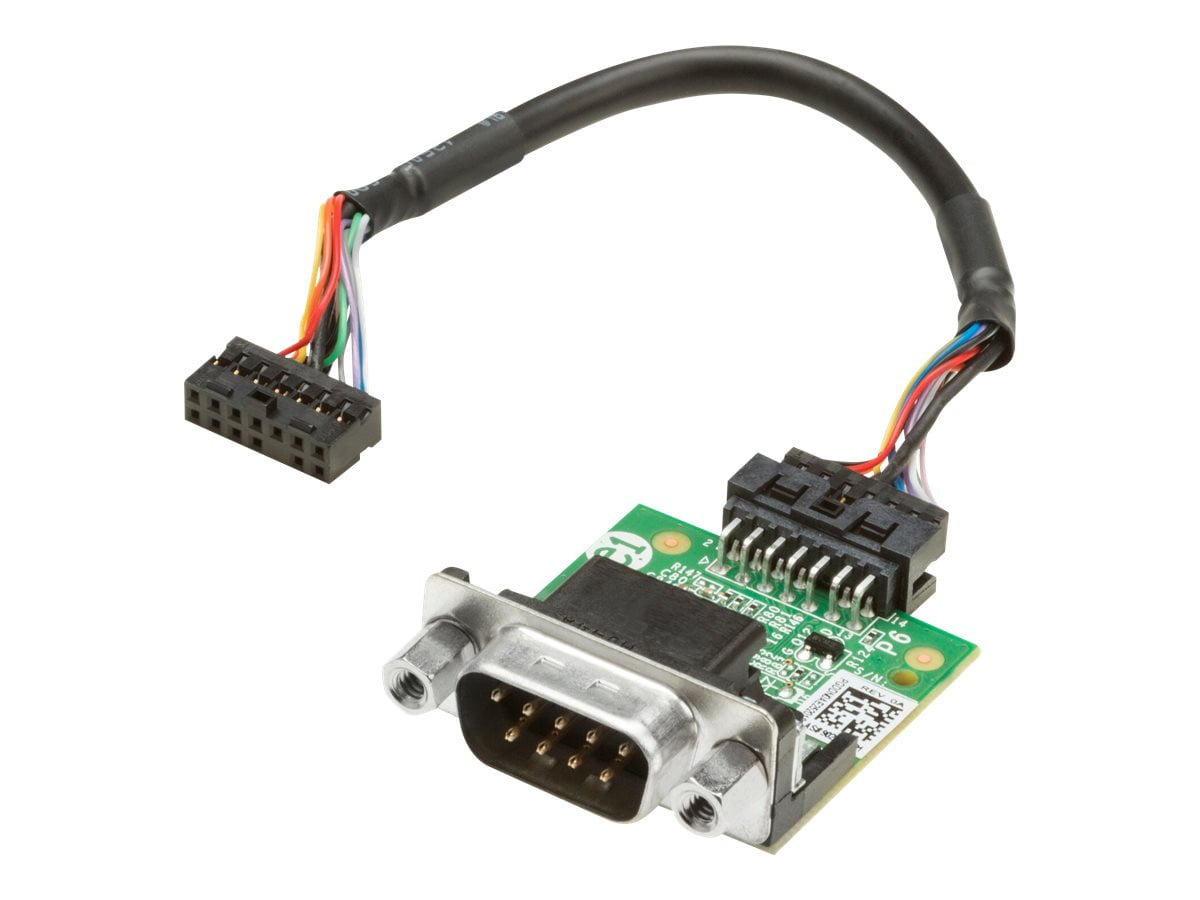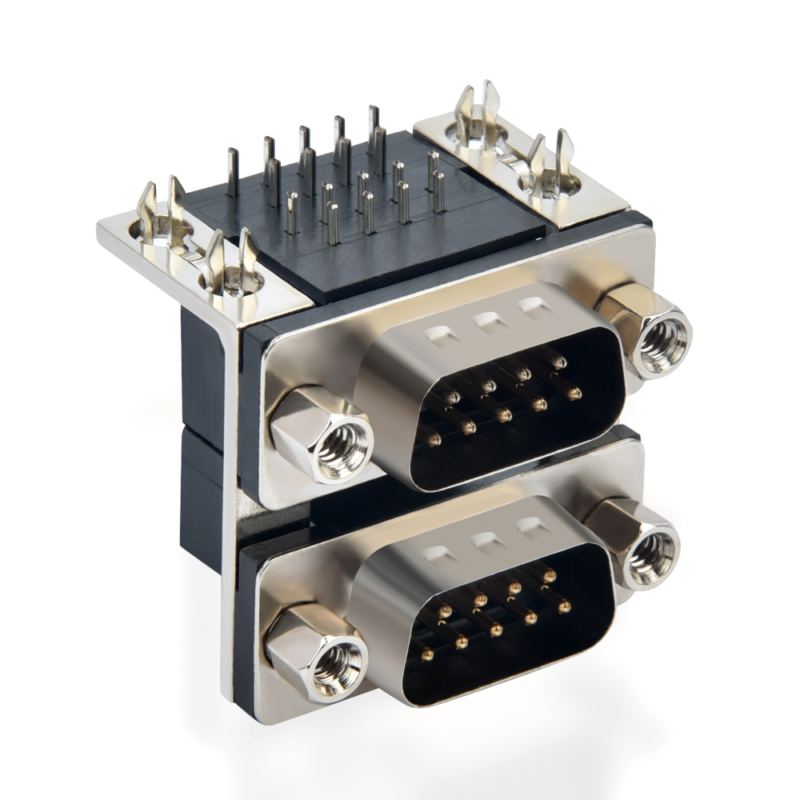
Webots provides elevation grid field inside SOLID which can be used to define the heightmap You can add surface for the robot environment from CSV as follows

You can also manipulate other fields of the light such as intensity, color, ambientIntensity and castShadows. # Set the direction of the DirectionalLightĭirection_tSFVec3f((dir_sunlight).tolist()) # initalize dir_sunlight with appropriate sunlight directions across time. Light_node = children.getMFNode(2) # Usually 2 depends on at what position DirectionalLight was added in the world file.ĭirection_field = light_node.getField("direction") # Use the children to access the node in charge of handling the DirectionalLight In the world file of the world you are using, add a supervisor robot by adding the following lines
WEBOTS SERIAL PORT HOW TO
We will see how to change the direction of DirectionalLight using a Supervisor controller. Using the supervisor controller, we can change illumination of the world with time. Tutorial: Changing Illumination with time in a world Note: There can only be ONE supervisor in a world. For example, it allows you to query the ground truth positions of the objects in the world, change illumination throught time, etc. It allows you to access and control fields of the simulation that are not or should not be accessible to the robots. It is defined in the wbt file as a Robot object with the supervisor field set to TRUE. Supervisor is a special controller type for the robot controller. You can find more information regarding robot controllers at link Supervisor Controller You should activate all the sensors in this file itself.For example, we implemented the odometry and controls part in the webots and inputs to this was served through the planner which was developed in ROS. If you are planning to develop this stacks outside webots, you can use ROS integration to integrate with the webots.
WEBOTS SERIAL PORT CODE

The Robot Controller is the primary controller used to control all the things related to the robot.All the information regarding elements in the simulation are accessible through custom function which can be further converted to ROS topics and published accordinglyįor more information on using ros, you can refer to linkįor a sample ROS integration, refer link Controllers Robot Controller.Make sure you start the webots instance after sourcing the ROS workspace otherwise rospy and other ROS messages won’t be accessible inside webots.Simply change the controller to your_controller.py and import rospy in and all the rospy commands should work as-is.Custom ROS controller can be written in both cpp and python.While using standard ROS controller has plug and play benefits, to gain total control over the data that is published from the webots, using custom ROS controller is preferable.Some of the examples code can be found at ().All you have to do to get this working is to change the controller field in robot node to ROS.For example, if the stereo sensor is added to the robot and controller selected is “ROS”, then the topic likes “\left_camera_image” and “\right_camera_image” is published by default. Webots comes with inbuilt ROS controller which generates ROS topic out of the box based on the elements(robots, sensors, etc) added in the environment.Here are the two ways you can add ROS integration to webots Code Editors - Introduction to VS Code and Vim.Web-Based Visualization using ROS JavaScript Library.Making Field Testing Easier through Visualization and Simulation.

Gaussian Process and Gaussian Mixture Model.Fabrication Considerations for 3D printing.Setup your GPU System for Computer Vision.Spawning and Controlling Vehicles in CARLA.

WEBOTS SERIAL PORT SIMULATOR


 0 kommentar(er)
0 kommentar(er)
